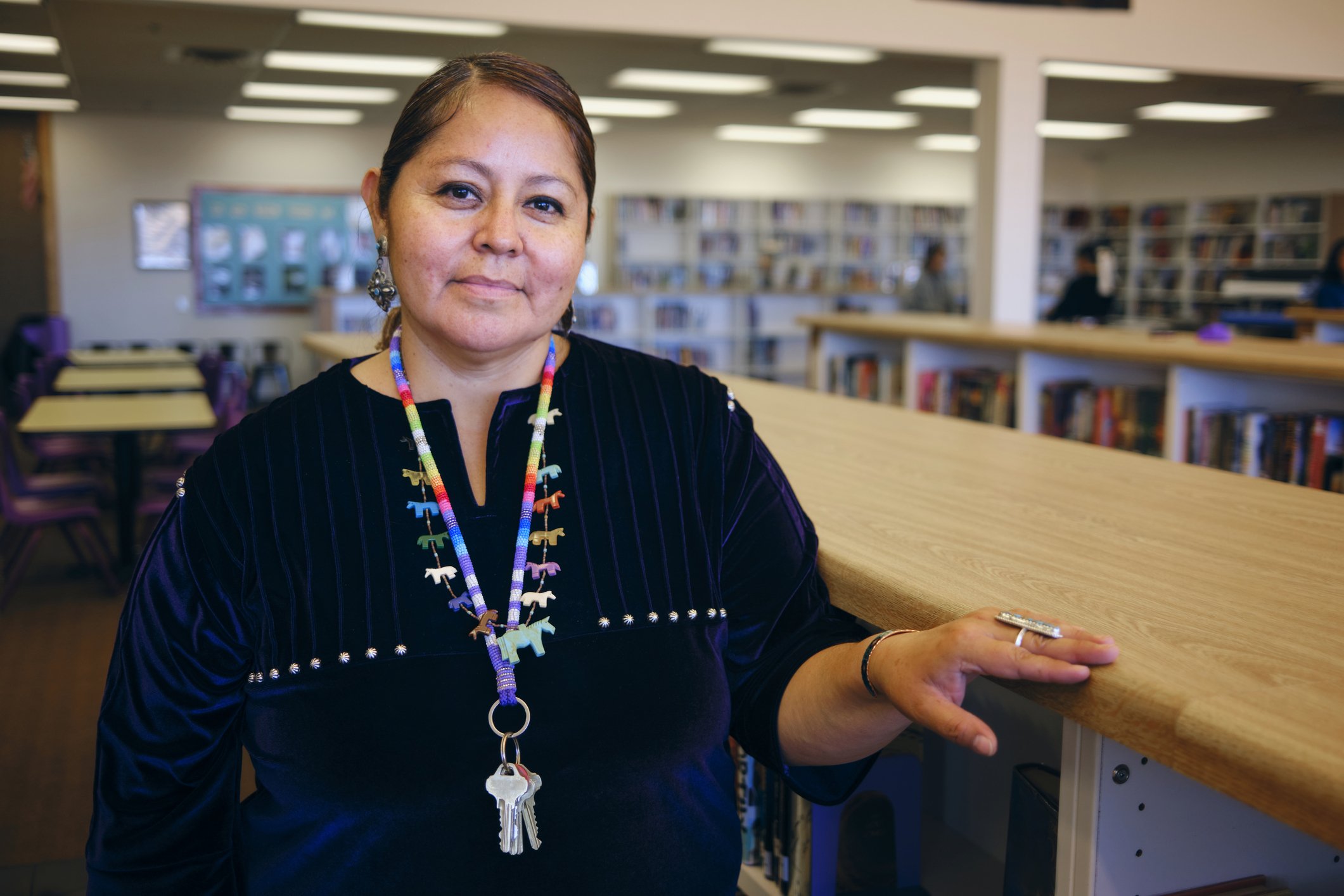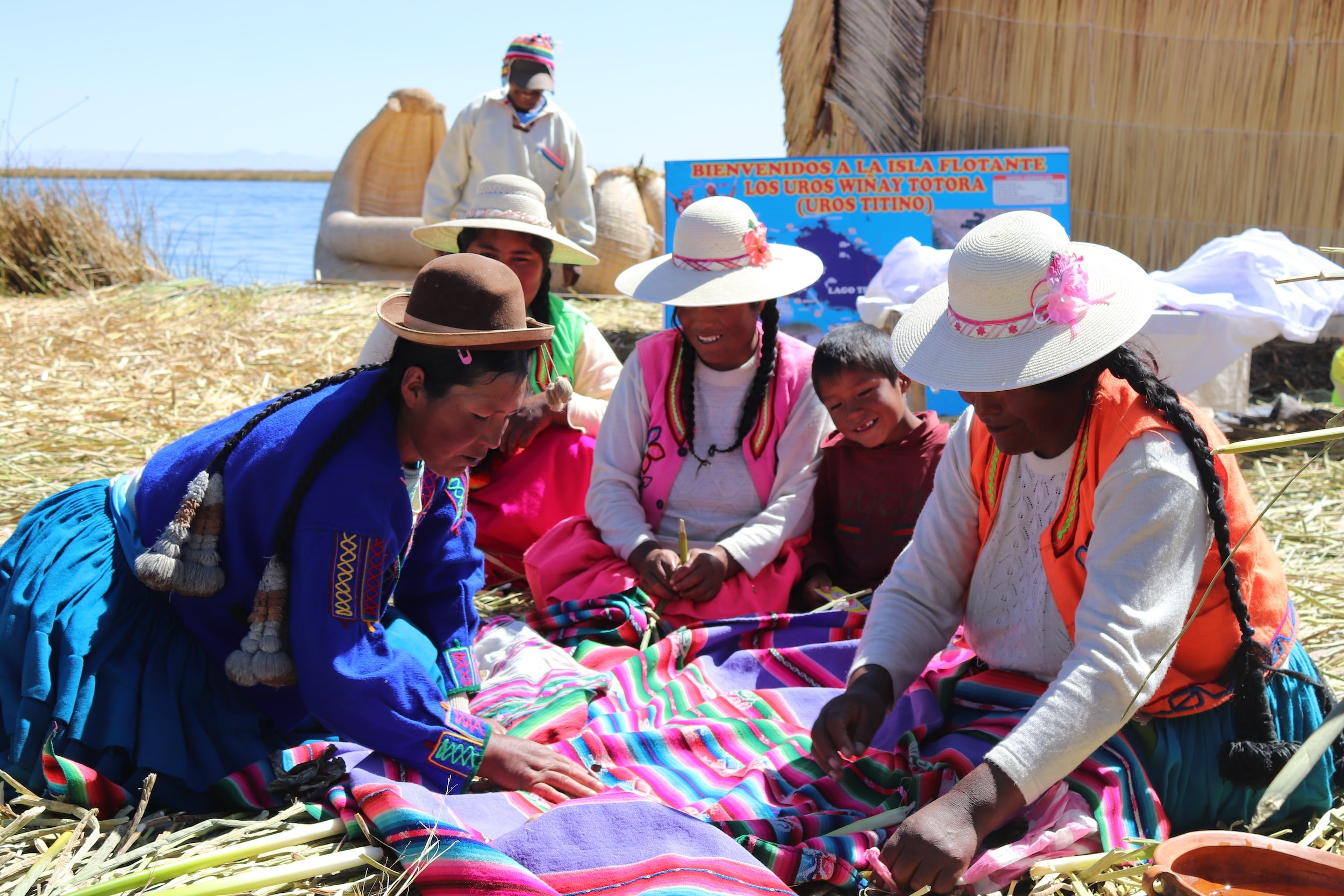Q & A with Dr. Bagale Chilisa, Part 3
Dr. Bagale Chilisa is the author of the popular book, Indigenous Research Methodologies, which is now in its second edition. I asked her some questions about her work, and this is the second in a series of posts that feature her responses. Read parts one and two of the interview here. With the code MSPACEQ223 receive a 20% discount when ordering from Sage Publishing, valid until June 30, 2023.
JS. On MethodSpace we are interested in teaching and guiding researchers. Why should methods instructors and research supervisors include indigenous methods in their curricula? How do you suggest that non-Indigenous instructors teach about these methods?
BC. Every methodology adopted by a researcher is guided by research assumptions about the nature of reality, ways of knowing and ethics and values. Each one of these assumptions will be different depending on the worldview or paradigm adopted by the researcher. I suggest that methodology instructors familiarise students with the “Big four” + the fifth emerging indigenous paradigm. The Indigenous paradigm sums up the generic common assumptions about the nature of reality, ways of knowing and values and ethics. Bringing both Western and Non-Western Indigenous research can go a long way in producing basic and applied research findings that impact positively and directly on the lifes of the researched communities. Refer to the story on the Makgola community in Chapter 2 or the Hoodia plant in chapter 1. What comes out clearly from reading these stories is the serious plagiarism of Indigenous knowledge by the researchers which unfortunately for the communities, is not covered in the international researchers’ definition of plagiarism. Every student from the hard sciences to the humanities to the social sciences can benefit from a course on indigenous research methodologies and from mixing indigenous methods with western qualitative and quantitative methods. After all, every discipline from Mathematics to history has been colonised. Chapter 7 covers mixed methods from an Indigenous perspective.
JS. Is there any part of the book you suggest that MethodSpace users read before the webinar?
BC. The call for transformative change at the societal level to achieve the Sustainable Development Goals (SDGs raise issues about relevance, context, culture, ethics, and values. Do you know of projects that evaluators and project funders have reported as successful and yet the situation on the ground is different? Chapter 6 on decolonising evaluation has statements on the practice of evaluation research in international development that may challenge you to reflect on the role of evaluation in aiding development and methods that are culturally and contextually relevant. If you are an evaluator, Chapter 6 and 8 may be of immediate interest. If you are in the Hard Sciences examples of research methodologies used by Western medical doctors and indigenous medical doctors may be of interest. See Chapter 2. If you do research in conflict areas, Feminist methodologies, Chapter 13 may be of interest.
JS. Anything else you would like to highlight for MethodSpace readers?
BC. This book is an important resource for research across cultures. It explores ways of combining Western and Non-Western methodologies. It builds on the growing literature on integrating knowledge systems by making visible some of the Non-Western research methodologies that can benefit the integration of knowledge systems.
The book gives examples of how you can research a local phenomenon from a local Indigenous perspective. For example, see the Shona mental health scale and the self-report measure of Africentrism.
More Methodspace posts about Indigenous Methods
Chart research directions that take you to the roots of the problem. Learn more in this guest post from Dr. Donna Mertens.
Methodspace welcomes insights and practical recommendations for research with and about Indigenous and culturally-diverse communities. These posts, interviews, and recorded webinars offer a wide range of perspectives from experienced researchers.
Interested in Indigenous methods? Find the webinar recording and related resources in this post.
This post offers research examples in open-access articles about ethical, respectful, research with Indigenous people and communities.
Watch the recorded “Understanding cultural issues in research design” webinar and find relevant resources.
Considerations in research with underrepresented groups along the bias lines of overrepresentation
Dr. Durdella offers suggestions for researchers who want to take a respectful, relational approach.
Learn about how action researcher Ros Beadle invited Aboriginal women to tell their own stories.
Natalia Reinoso Chávez answers questions raised in the Research Ethics in Practice webinar.
Find the entire collection of posts from the October 2020 series on action research!
Learn about how key action research principles allow for inclusion of marginalized people in this presentation from Alfredo Ortiz Aragon.
View a conversation between Ernie Stringer and long-time collaborator Darryl Kickett.
Dr. McGregor was a panelist for the MethodSpace Live webinar on Indigenous and Intercultural Research: Issues, Ethics, and Methods.
Read part 3 of an interview with Dr. Bagale Chilisa about Indigenous methods.
Read a collection of open access articles to explore the use of qualitative narrative and visual methods in Indigenous research.
Read part 2 of an interview with Dr. Bagale Chilisa.
Read the first Q & A from an interview with Bagele Chilisa!
A curated collection of open access articles.
Although Indigenous scholars have been documenting Indigenous research methodologies, little has been written on the practical considerations of doing research across Indigenous/Settler contexts. Read these open access articles as part of the Indigenous & Intercultural Research focus this month.
This comic you can use illustrates positive strategies research teams can use to create good working relationships.
Dr. Helen Kara offers a collection of open-access resources on research ethics.
What research is needed when writing a new ethics text? Read Dr. Kara’s explanation.























Read this collection of multidisciplinary articles to explore epistemological questions in Indigenous research.